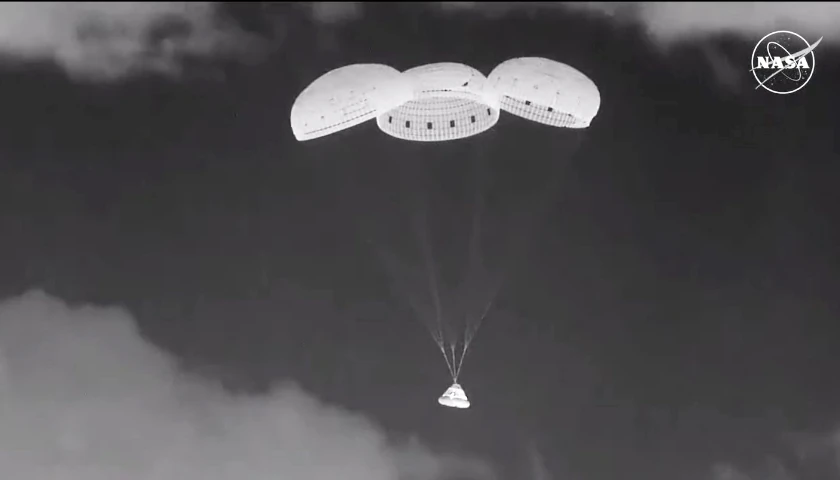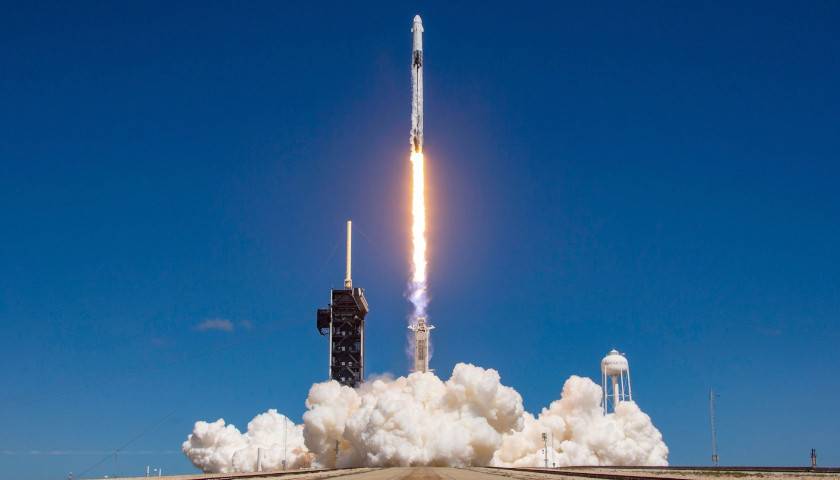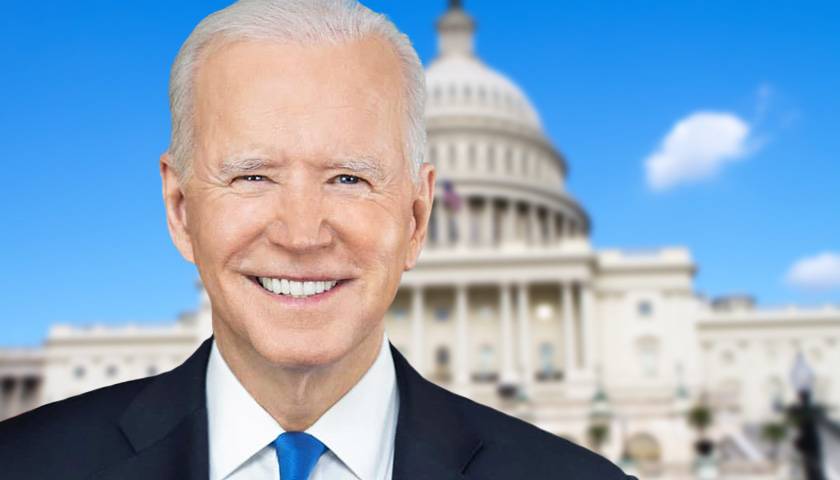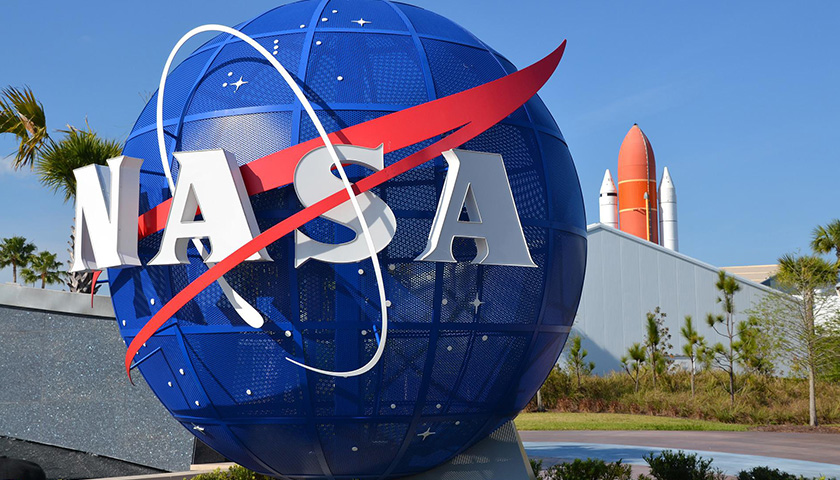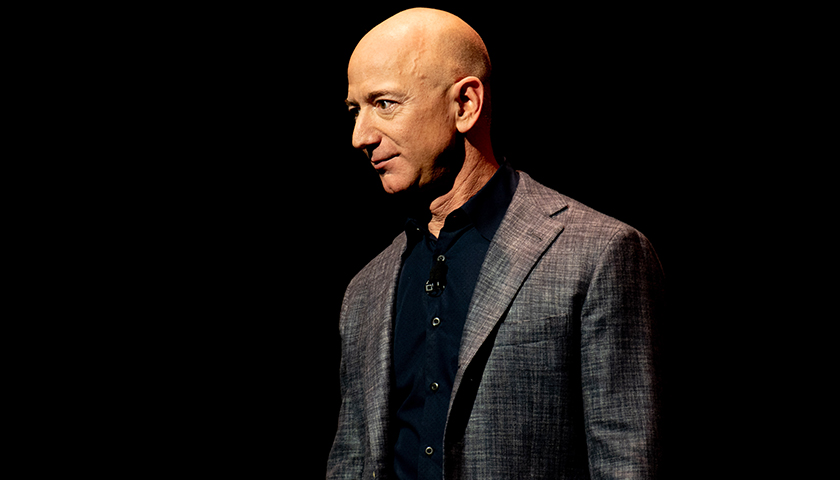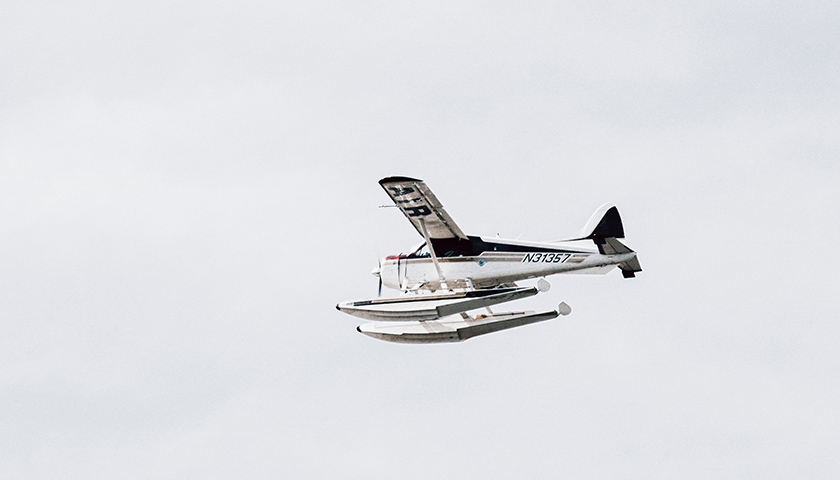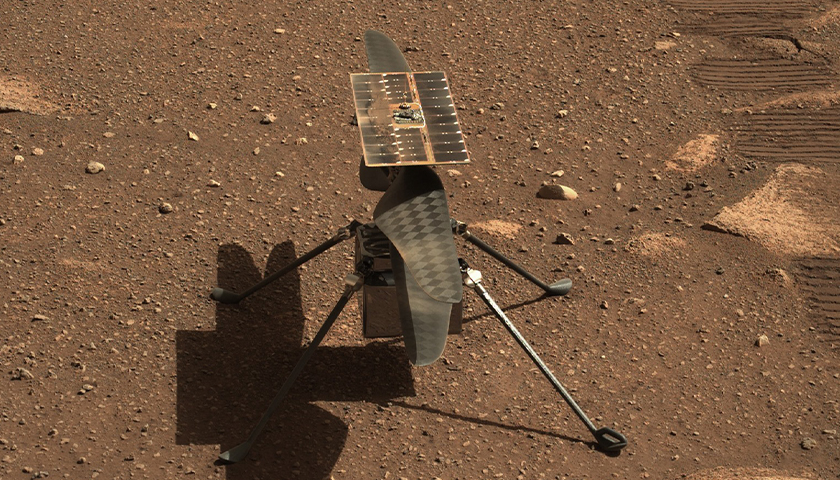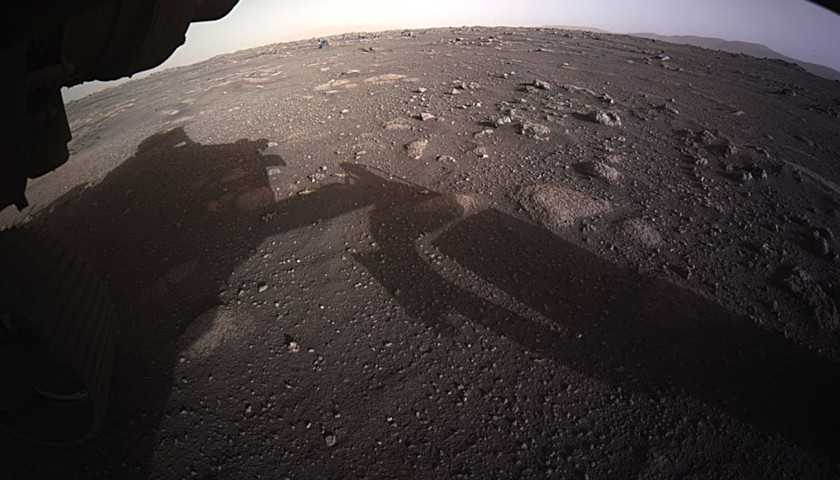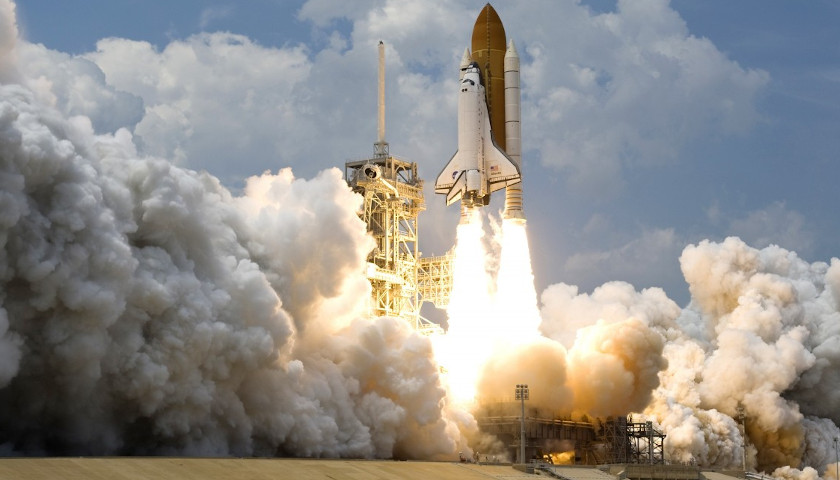President-elect Donald Trump on Wednesday nominated billionaire Jared Isaacman to lead the National Aeronautics and Space Administration (NASA) during his second administration.
Read MoreTag: NASA
Troubled Boeing Spacecraft Returns to Earth Without Pilots on Board
A Boeing spacecraft successfully returned to Earth on Saturday, without the pilots on board.
The Boeing Starliner has been plagued with technical problems since it was launched into space with astronauts Sunita Williams and Barry Wilmore more than three months ago, essentially stranding the pilots in space. NASA and Boeing have been deliberating options as to how to get Williams and Wilmore home and decided to keep them in space for the time being rather than fly them home on the troubled return vessel, which successfully touched down in New Mexico on Saturday.
Read MoreNASA Says Its Working on Schedule for Next Moon Mission After Watchdog Report
NASA said it is working on a timeline for its next crewed mission to the moon after a Congressional watchdog reported that the space agency’s planned 2025 date was “unrealistic.”
The U.S. Government Accountability Office reported in late November that NASA’s timeline for the Artemis III mission was “unrealistic.”
Read MoreBiden Moves to Shift Power over Defense Contracts to Climate Activist ‘Cabal’ Bent on Curtailing Economic Growth
The Biden White House is pushing to give veto power over major Pentagon contracts to a group of climate activist groups that advocate for establishing “guardrails” on economic growth, according to a Daily Caller News Foundation investigation.
The White House proposed a rule in November that requires major contractors for the Department of Defense (DOD), NASA, and Government Services Agency (GSA) to submit climate-related goals to a consortium of activist organizations, called the Science Based Targets initiative (SBTi), for validation. If the SBTi rejects the contractor’s plan to reduce emissions, the company would no longer be eligible to compete.
Read MoreNASA Commissions UFO Study
NASA on Thursday announced plans to create a scientific study starting this Fall to investigate “unidentified aerial phenomena,” also known as UFOs.
The space agency stressed in a press release that there is no evidence showing that the aircraft are of extra-terrestrial origins.
Read MoreBezos Offers to Waive $2 Billion in Fees to Secure Lunar Landing Contract
Former Amazon CEO Jeff Bezos offered to waive $2 billion in payments to secure his spaceflight company Blue Origin a NASA contract.
Bezos asked NASA Administrator Bill Nelson in an open letter Monday to award Blue Origin a contract to construct a Human Landing System (HLS), a lunar-landing vehicle, as part of the Artemis program, offering to waive up to $2 billion in fees. Elon Musk’s space company SpaceX had been awarded the $2.9 billion contract in April, beating out Blue Origin’s bid, The Wall Street Journal reported.
The Artemis program is intended to return human astronauts to the Moon, with a manned mission to Mars planned as well. Though the program was initially planned as a joint contract, it was awarded solely to SpaceX due to budgetary constraints which Bezos’ offer sought to alleviate, according to the letter.
“Blue Origin will bridge the HLS budgetary funding shortfall by waiving all payments in the current and next two government fiscal years up to $2 billion to get the program back on track right now,” Bezos wrote in the letter.
Read MoreCommentary: Wally Funk’s Lifelong Journey to the Stars
Mary Wallace “Wally” Funk always wanted to fly. She had her first flying lesson when she was nine years old and grew up making wooden planes, building treehouses, riding horses, biking, hunting, and fishing. As a young girl growing up in the 1940s and 1950s, Wally recalls, “I did everything that people didn’t expect a girl to do.”
Wally’s curiosity and love of flying, however, would ultimately shape the rest of her life. She obtained her flying license at Stephens College when she was in her teens, then joined the “Flying Aggies” aviation team at Oklahoma State University, where she earned a degree in education. Wally then got her first job at Fort Sill, Oklahoma where she was the only female flight instructor.
At the height of the Space Race, in 1961, when she was just 22 years old, Wally became infatuated with the idea of taking her passion for flying to the next level, as an astronaut in space.
Read MoreNASA Makes History with First Helicopter Flight on Another Planet
The National Aeronautics and Space Administration made history Monday morning when it conducted the first ever powered and controlled flight on a different planet.
The National Aeronautics and Space Administration’s (NASA) Ingenuity, a solar-powered helicopter, took flight on Mars for more than 39 seconds, reaching a maximum altitude of 10 feet, the agency announced. Hours after the flight, NASA’s Jet Propulsion Laboratory in California confirmed the success after it received data sent from the helicopter.
“Ingenuity is the latest in a long and storied tradition of NASA projects achieving a space exploration goal once thought impossible,” acting NASA Administrator Steve Jurczyk said in a statement Monday.
Read MoreNASA Releases Perseverance Rover’s First Photos of Mars
The National Aeronautics and Space Administration released the first photos taken by its Perseverance rover on Mars after it became just the fifth rover to ever successfully complete the landing.
The National Aeronautics and Space Administration’s (NASA) photos released Saturday showed Mars’s vast landscape and rocky terrain. On Thursday, Perseverance successfully completed its landing on the Red Planet after a nearly seven-month flight from Earth.
Read MoreSpace Abounds in Security Threats, Technological Promise, NASA Chief Says
In a wide-ranging interview on “Just the News AM,” NASA Administrator Jim Bridenstine touted his agency’s innovations in 3D-organ printing, immunization, and fiber optics made possible through microgravity in space.
NASA Administrator Jim Bridenstine on Thursday applauded the United States’ recent ending of nine years of reliance on Russia to transport American astronauts to the International Space Station, while also warning of the growing threat of Chinese and Russian anti-satellite technologies.
Read MoreNASA Launch Visible Across Virginia Friday Night
NASA launched a Northrop Grumman Antares rocket from its Wallops Island facility on Friday evening; the launch was visible across much of eastern and central Virginia. The rocket will send a Cygnus spacecraft to the International Space Station with a $23 million experimental toilet, other hardware, and food resupplies including garlic, apples, brie cheese and dark chocolate covered cranberries.
Read More

